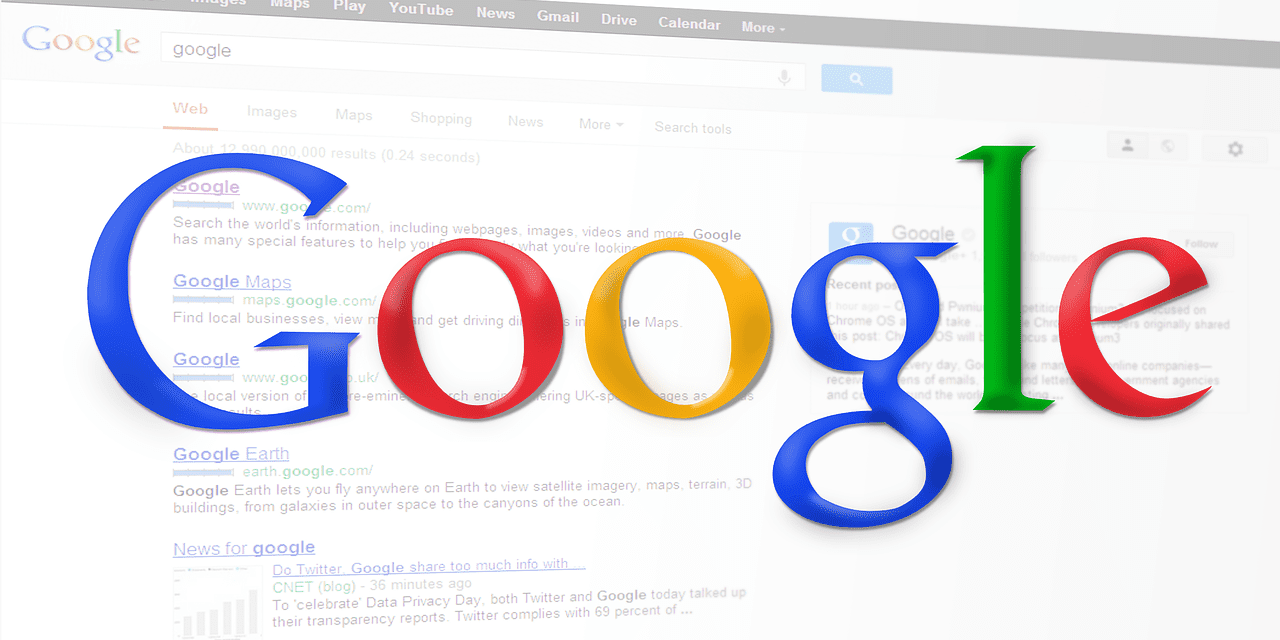Introduction to Google Claims Data Scrapping
Google Claims Data Scrapping Generative Artificial Intelligence (AI) has made remarkable strides in recent years, revolutionizing various industries, from content creation to healthcare. However, a recent lawsuit involving Google has sparked concerns about the future of generative AI. In this blog post, we’ll explore how Google’s claim that a data-scraping lawsuit poses a threat to generative AI progress, the key issues involved, and what this could mean for the AI community.
Google Claims Data Scrapping
1. The Power of Generative AI
Generative AI refers to algorithms that can generate human-like content, such as text, images, and even music. It has been applied in a multitude of domains, from chatbots and content creation to medical diagnosis and artistic endeavors. This innovation has the potential to revolutionize how we interact with technology and solve complex problems.
2. The Lawsuit and Data Scraping
Google is currently embroiled in a lawsuit that accuses the tech giant of unlawfully scraping data from websites. Web scraping is a technique where data is automatically extracted from websites, and it’s commonly used in various applications, including web indexing and data analysis. However, in this particular case, Google’s actions are under scrutiny, and the implications are far-reaching.
3. Google’s Claim
Google has argued that the lawsuit poses a significant threat to generative AI progress. The company has acknowledged that while web scraping can have unethical and illegal applications, it is also fundamental to the development and training of AI models. Google claims that restricting web scraping could hinder the ability to gather the vast amounts of data required to train sophisticated generative AI systems effectively.
4. The Ethical Dilemma
This case raises a crucial ethical dilemma: where is the line drawn between data scraping for legitimate AI research and unethical scraping for purposes such as unauthorized data collection or copyright infringement? Striking a balance between protecting privacy and intellectual property rights while allowing the advancement of AI is a complex challenge.
5. The Broader Implications
If Google’s argument does not prevail in this lawsuit, it could set a precedent that restricts web scraping practices, particularly those essential for AI development. This could slow down progress in generative AI research and development, limiting the potential for AI applications across industries.
6. The Need for Guidelines and Regulations
As AI technology continues to advance, it is becoming increasingly important for governments, organizations, and the AI community to collaborate on establishing clear guidelines and regulations for data scraping, ensuring that ethical and legal boundaries are respected while fostering AI innovation.
Conclusion of Google Claims Data Scrapping
The lawsuit involving Google and its claims about data scraping poses a significant challenge to the advancement of generative AI. While it is vital to address concerns related to privacy and data protection, it is equally essential to strike a balance that enables the responsible development of AI technology. The outcome of this lawsuit will likely have a lasting impact on the AI community and could influence the path of generative AI progress for years to come. Balancing ethical considerations with the need for innovation is a complex task, and it is essential that stakeholders work together to find a solution that allows generative AI to flourish responsibly.





